Machine learning
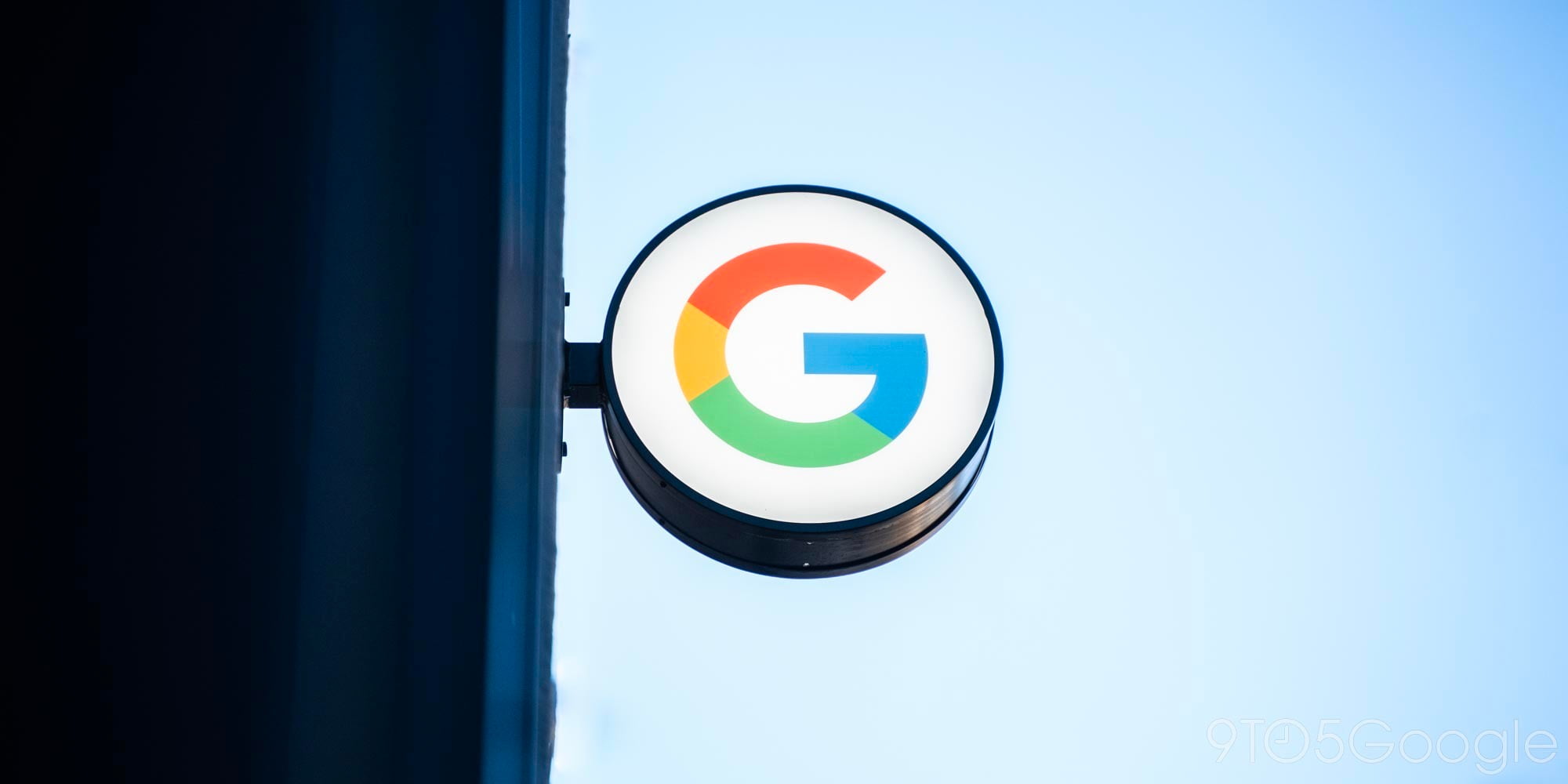

Machine learning inherently requires large amounts of data to work and draw patterns. In recent years, there has a been a push to ensure the information used remains private. Google today announced an open source differential privacy library that its own products use.

Ahead of the 2019 TensorFlow Dev Summit, Google is announcing a new way for third-party developers to adopt differential privacy when training machine learning models. TensorFlow Privacy is designed to be easy to implement for developers already using the popular open-source ML library.

At Cloud Next 2019 last July, Google announced grammar suggestions for Google Docs in early beta. Google is today rolling out the web feature to paid G Suite Basic, Business, and Enterprise customers.
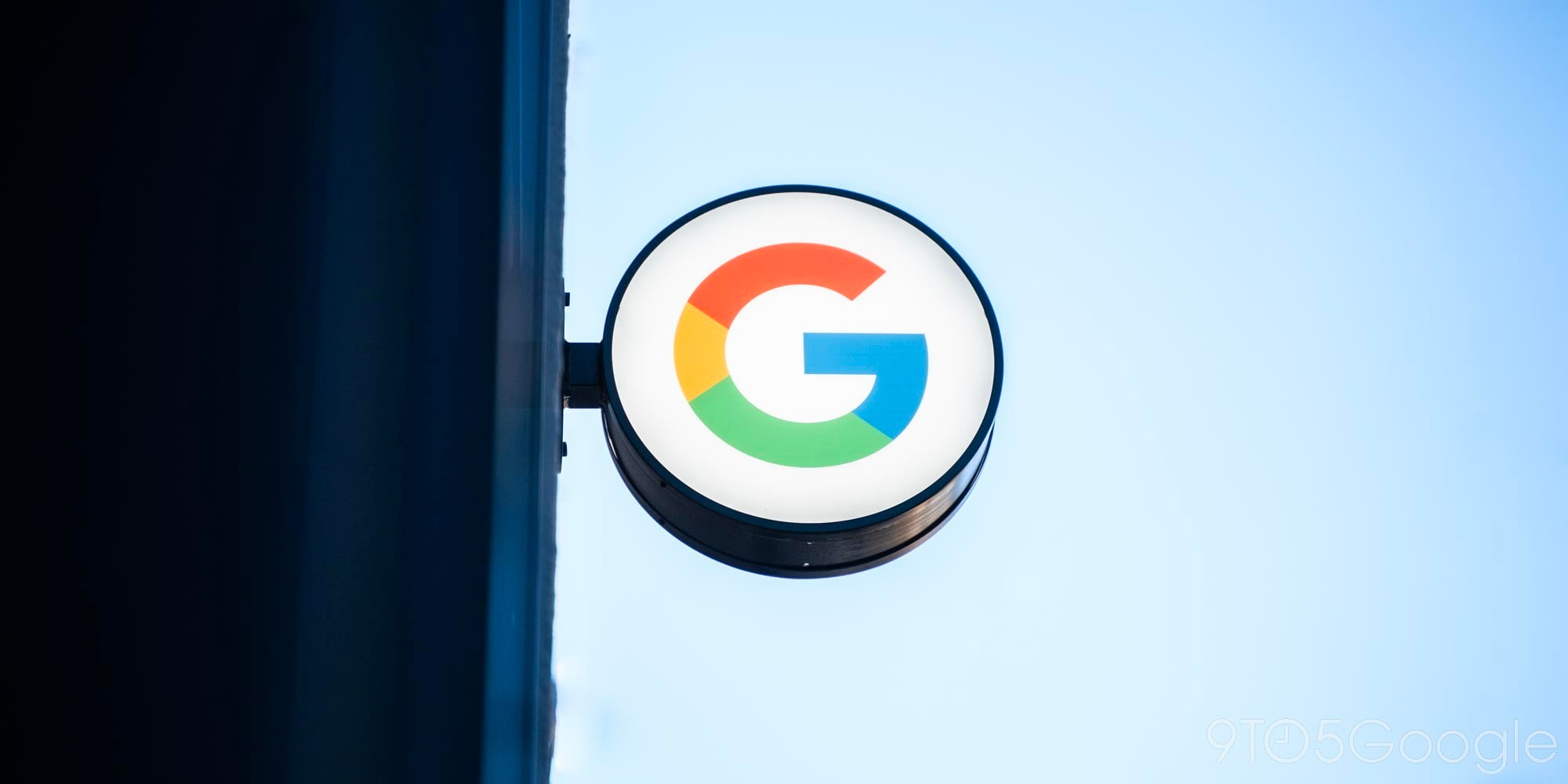
For the past three years, Google and Verily have leveraged machine learning to screen for the two leading causes of preventable blindness in adults. In India, this algorithm is now being used in a clinical setting, while the European Union has certified it as a medical device.

Google employees last year organized in protest against a machine learning project with the U.S. military to analyze drone footage. Googlers were successful in halting Project Maven and the company created AI Principles to govern future products. Those 4,000 anonymous Googlers have today been named the 2018 Arms Control Persons of the Year.

The Play Store has a problem with spam, there’s no way around it. With causes ranging from apps that borderline beg users for reviews and companies that pay for fake reviews, it’s obvious something needed to be done. This year, Google has acknowledged all the spam and finally has begun to do something about it by creating a machine-learning-powered anti-spam system to remove fake reviews from the Play Store.

With the Machine Learning Crash Course earlier this year, Google published its internal boot camp to expose AI to everyone. The company is now partnering with colleges across the U.S. to teach machine learning to students that have already taken computer and data science courses.
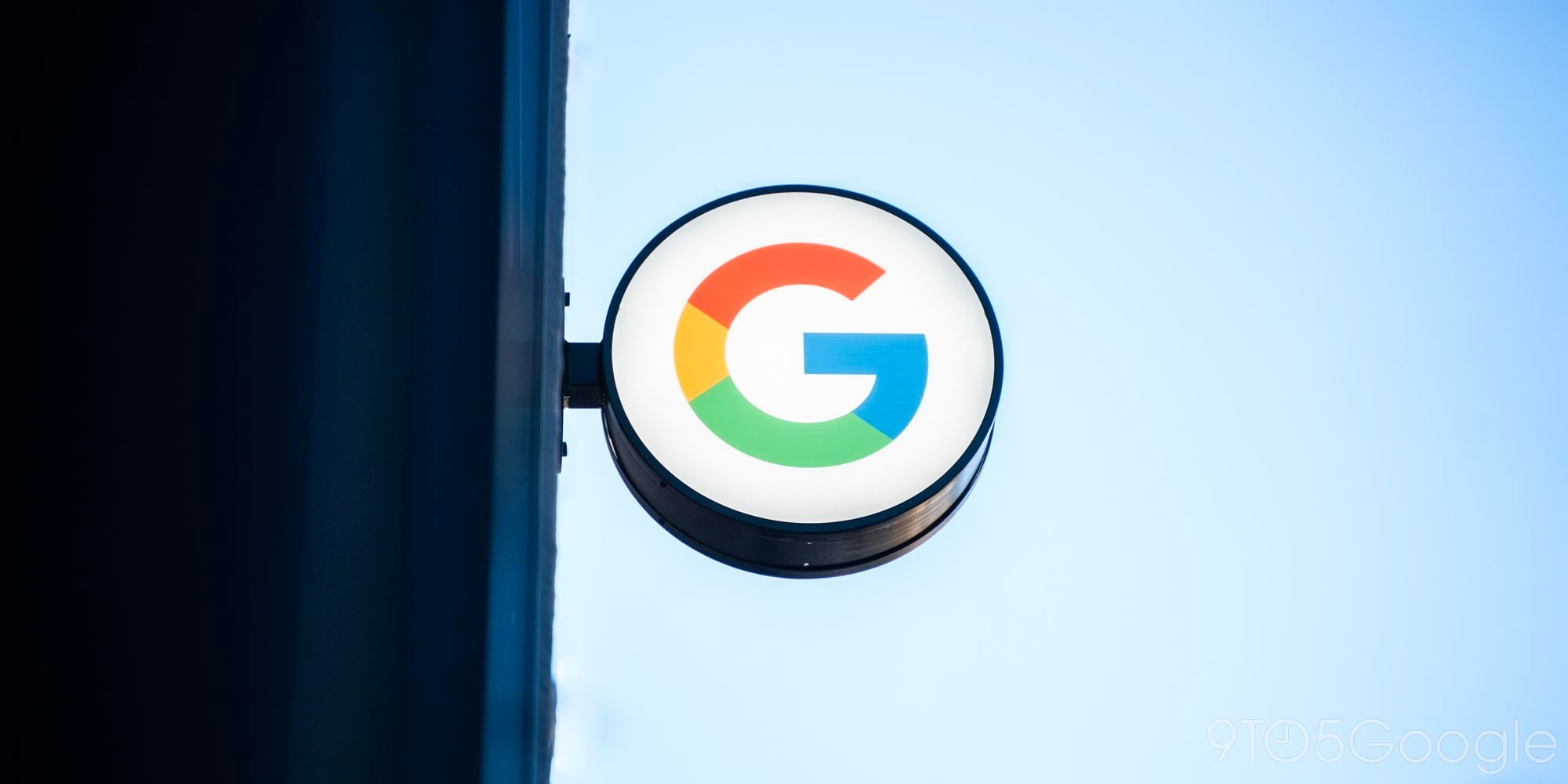
Since news emerged in March that Google was working with the U.S. military to use machine learning to analyze drone footage, some employees have been debating and protesting the decision. Many Googlers have expressed discontent through a petition, while others are now beginning to quit over the matter.

Federated learning is not a new concept in the tech industry with Google exploring it for Gboard last year. However, ahead of I/O, the company has published a new video that provides a good recap of its benefits, possibly suggesting a broader push at tomorrow’s keynote.

Following last week’s Q1 2018 earnings, Alphabet has published its annual Founders’ Letter. Penned this year by Sergey Brin, it traditionally serves as an update on current progress and charts the company’s future. In 2017, machine learning is unsurprisingly the overarching narrative.

Machine learning has the potential to fuel major technological developments in countless fields, with Alphabet’s X division already investigating agriculture and food production usage. A team inside Google is now using it for cancer research and detection with a prototype microscope.

One particular advancement driven by machine learning is the ability for computers to understand natural language, with Google showcasing these improvements with Smart Reply. Its Research division has been exploring other applications and today releasing two fun and interesting demos.

News emerged last month of a Google partnership with the U.S. military on machine learning to analyze drone footage. This set off a fierce internal debate among employees, but it appears that the company is continuing with plans to win lucrative contracts.

Shortly after word broke that Google was working with the Department of Defense on open-source software to help analyze drone footage, employees began forwarding along a petition internally asking Sundar Pichai to end participation in the project. Additionally, the letter asks that Google bans all future “warfare technology.”
Do you think Google should avoid working with the military or providing open-source software for the government?

Last month, a report revealed that Google was partnering with the Department of Defense on machine learning to analyze drone footage. This project caused an uproar within the company, with Googlers circulating a letter asking Sundar Pichai to drop the project and ban future “warfare technology.”
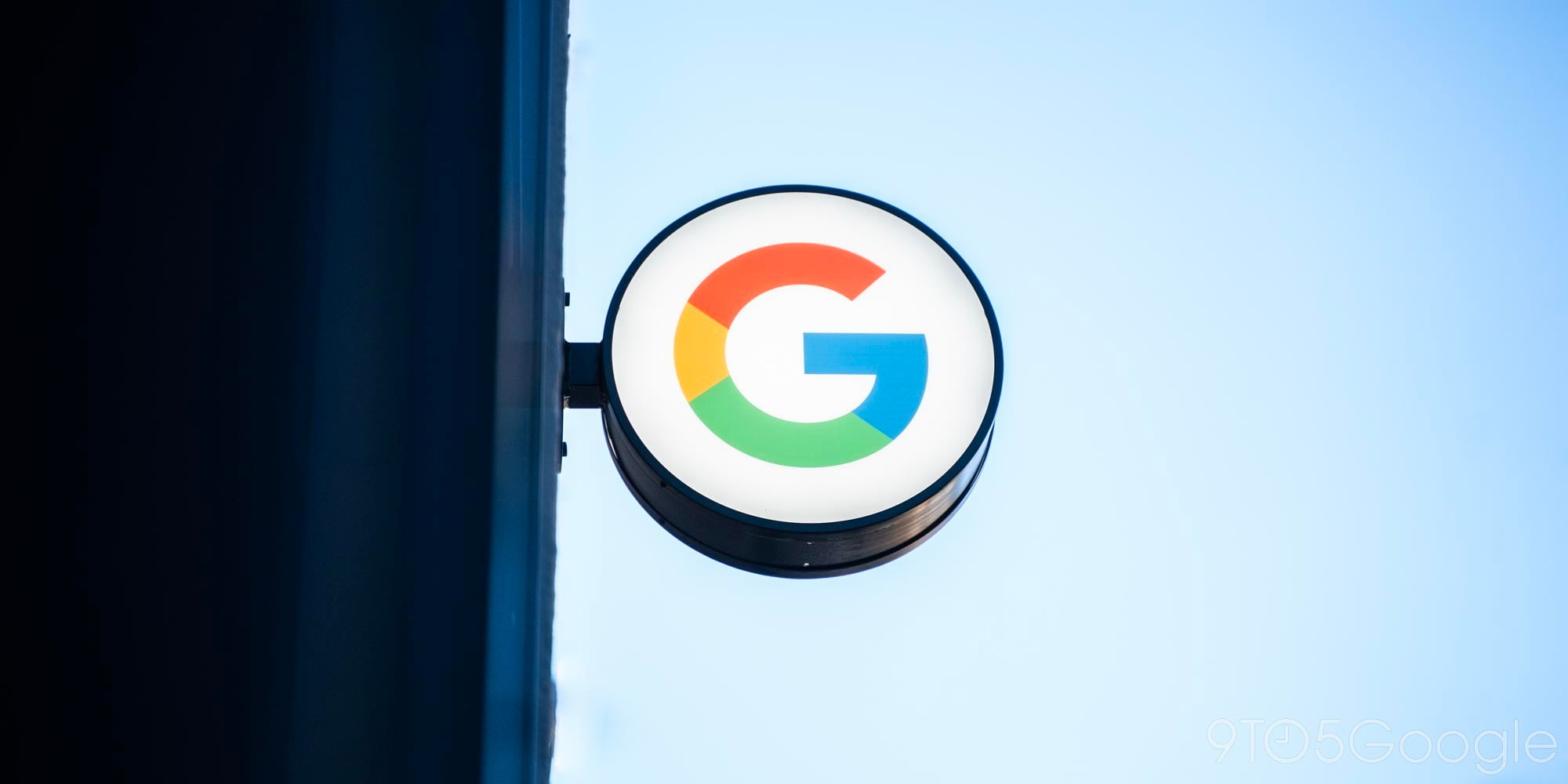
The next moonshot for Alphabet’s X division might be in agriculture as it investigates how to apply artificial intelligence to food production. While in its early days, Astro Teller revealed that the research division is also interested how drones and robotics could be leveraged.

Google is not only applying machine learning across its products, but also encouraging other developers to adopt it in third-party services and other use cases. It has now emerged that one of the latter examples is for drones from the U.S. government.

Machine learning is increasingly being leveraged in a variety of consumer products and other research. The latest use sees Google apply AI to planet hunting and in the process discovering two previously overlooked exoplanets.

Bolstering its status as an AI first company, Google has opened machine learning research labs around the world in recent years. The latest is the Google AI China Center headquartered in Beijing.

One of the many announcements from I/O 2017 was TensorFlow Lite for machine learning on mobile devices. Starting today, the Android and iOS optimized version of the ML library is now available as a developer preview.

Google Clips was one of the only genuine surprise announcements from Google’s October 4th event earlier this week. Designed to unobtrusively capture moments, it has a strong focus on privacy thanks to on-device machine learning. This cloud-free processing is in part thanks to a chip that Intel’s Movidius group calls a “vision processing unit.”

After launching an artificial intelligence-focused venture capital fund earlier this month, Google is today announcing a new program that helps machine learning-centered startups by providing tuned mentorship and support.
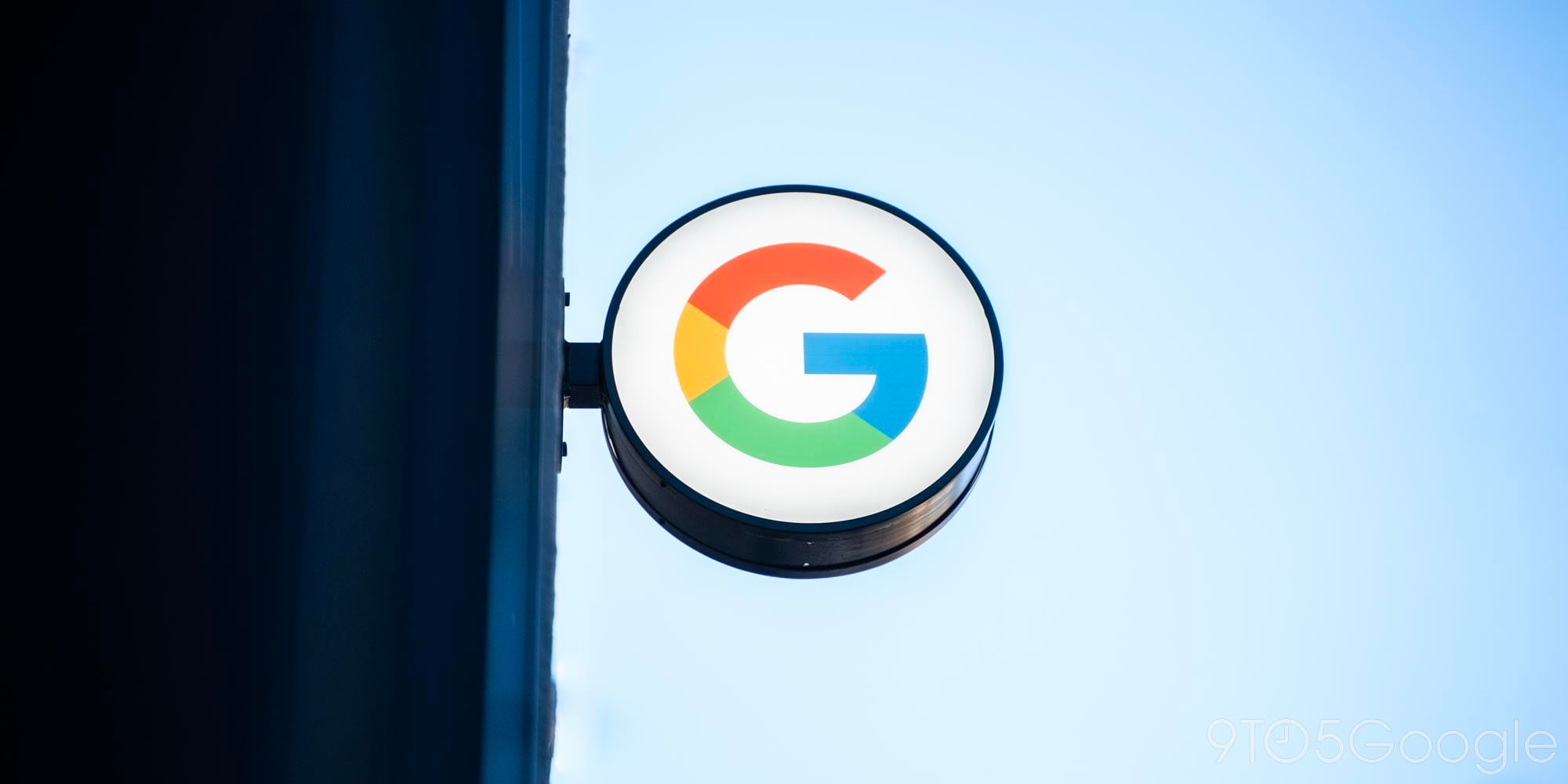
Reflecting a continued focus on machine learning, Google has announced a new venture fund specifically aimed at artificial intelligence. Gradient Ventures will focus on providing technical mentorship for early-stage startups focused in the burgeoning field.
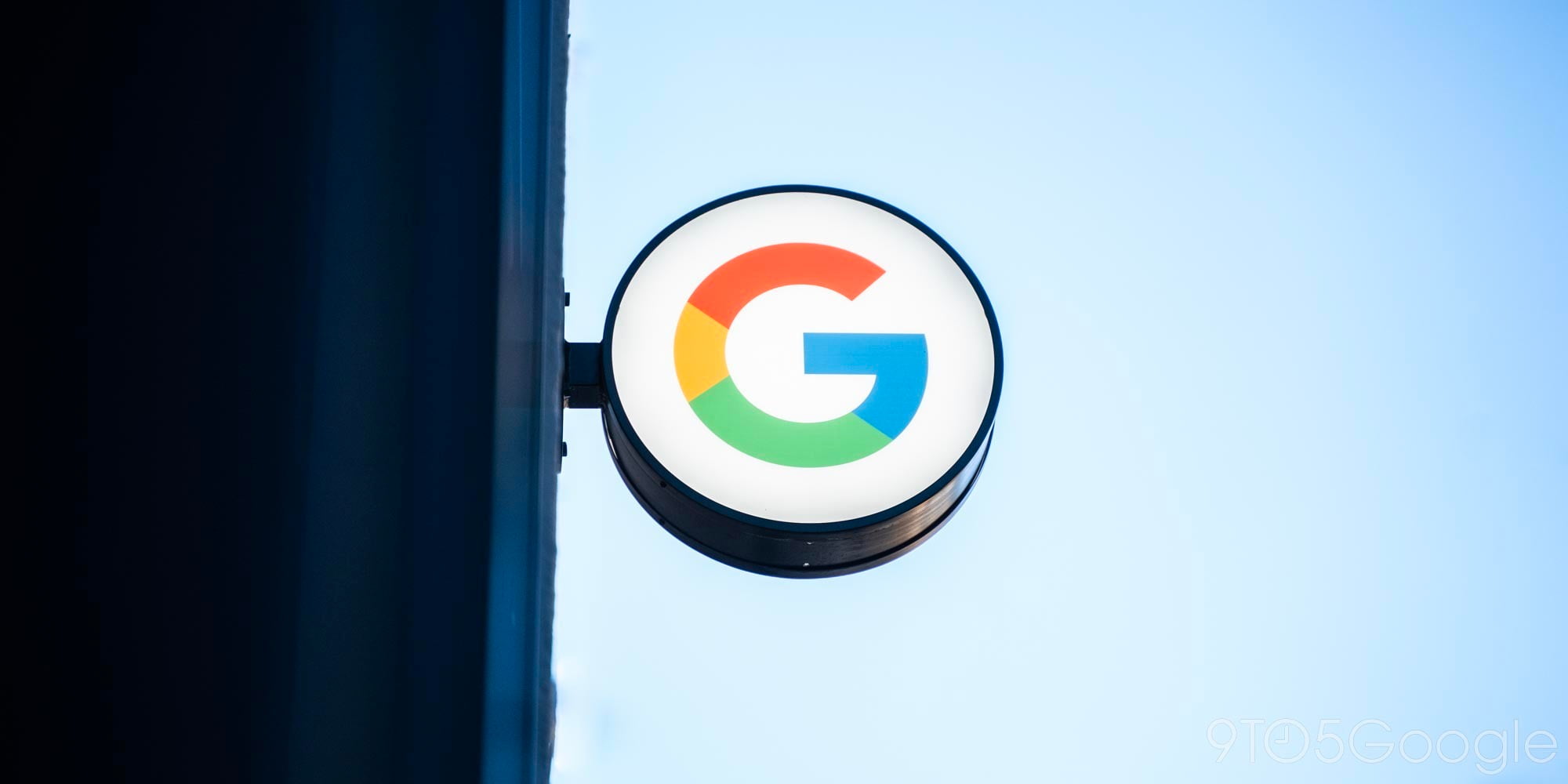
While on stage today at Google I/O 2017, CEO Sundar Pichai announced the company’s second generation TPUs (Tensor Processing Units), a cloud-computing system of software and hardware that aid in machine learning workloads.